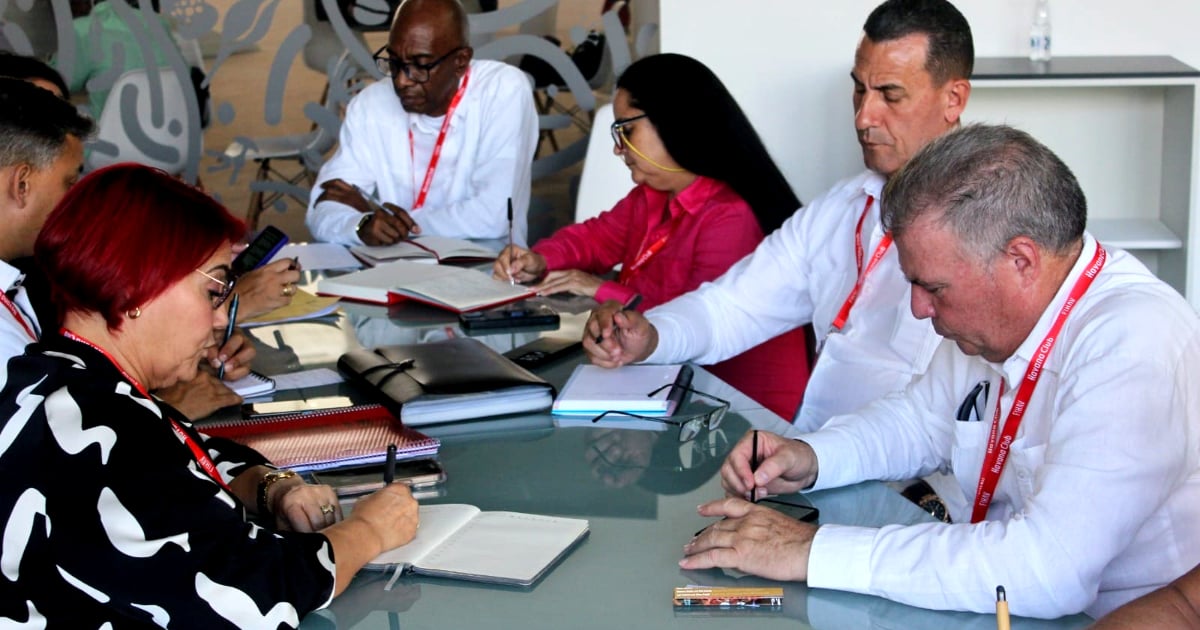
During the XL International Fair of Havana (FIHAV) 2024, the ministers of Tourism of Cuba and Venezuela, Juan Carlos García Granda and Leticia Gómez Hernández, held a meeting aimed at strengthening cooperation between the two nations in the tourism sector.
During the meeting, the ministers discussed new investment strategies and explored opportunities for joint development, emphasizing the importance of enhancing the flow of tourists and improving infrastructure capacity in their respective countries.
FIHAV, one of the trade events through which the regime aims to promote commercial agreements with international partners, has served as a platform for cooperation across multiple sectors, with tourism taking a prominent role in the agendas of both delegations.
According to García Granda's statements, the alliance between the two countries aims to diversify the tourism offerings in the Caribbean and attract more foreign currency, taking advantage of the growing interest from international markets, such as Russia, in the region.
Tourism cooperation between Cuba and Venezuela is not new, but it has gained new momentum under the leadership of Leticia Gómez Hernández, who was appointed Minister of Tourism of Venezuela in August 2024.
Gómez Hernández, of Cuban origin, has been a key link between both countries, having previously worked in the tourism sector on the island and collaborated with Venetur, the leading tourism agency in Venezuela.
His appointment was seen as a sign of the growing integration between both dictatorial regimes, particularly in strategic sectors that ensure a stable source of foreign currency income and provide cover for other "covert operations" under the pretext of avoiding sanctions and other measures imposed by the United States against governments that promote destabilization and the trafficking of drugs and people in the region.
In the current context, the regimes of Cuba and Venezuela are facing deep economic challenges. The tourism industry, traditionally a cornerstone of the economy in Cuba and increasingly important for Venezuela, has become a tool to address the lack of income in both countries.
In the first half of 2024, Cuba reported the arrival of 1,680,485 visitors, a 101.1% increase compared to the previous year, yet still far from pre-pandemic figures. Venezuela, on its part, welcomed over 1.5 million international arrivals by October, largely due to the interest from Russian and Cuban tourists.
The collaboration between the two countries in the tourism sector also has political implications. In addition to strengthening economic ties, the increase in the frequency of flights and tourist packages between Cuba and Venezuela reflects a strategy from both governments to become less reliant on an increasingly demanding international tourism market, which is wary of the lack of rights and freedoms for both peoples.
What do you think?
COMMENTFiled under: